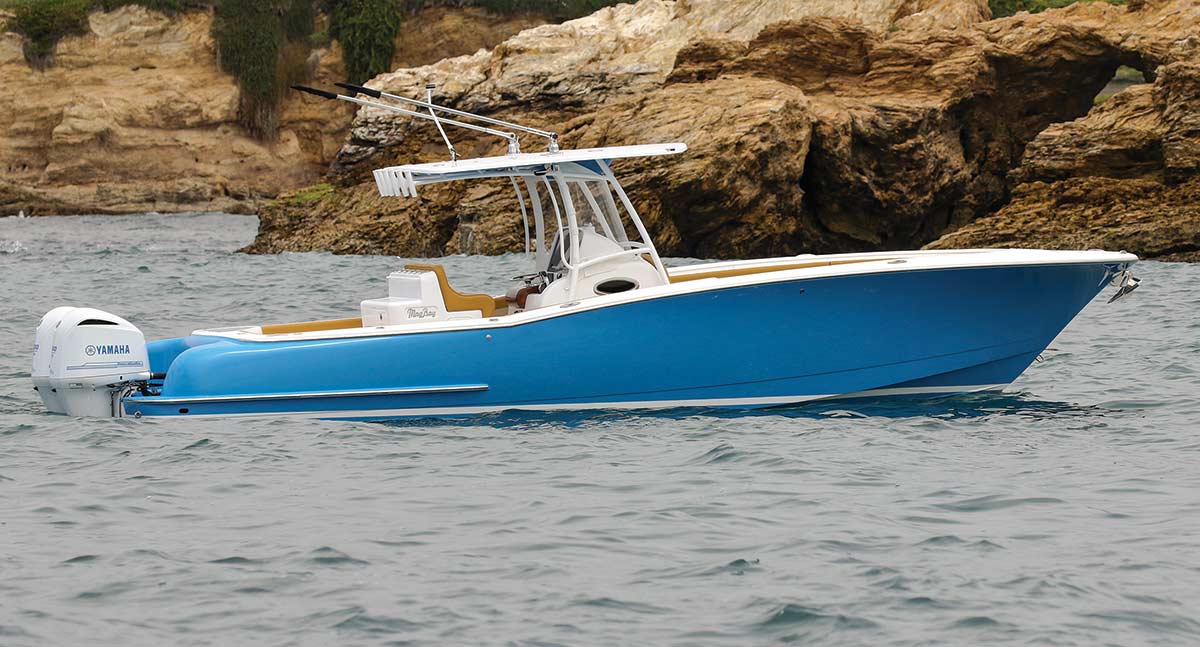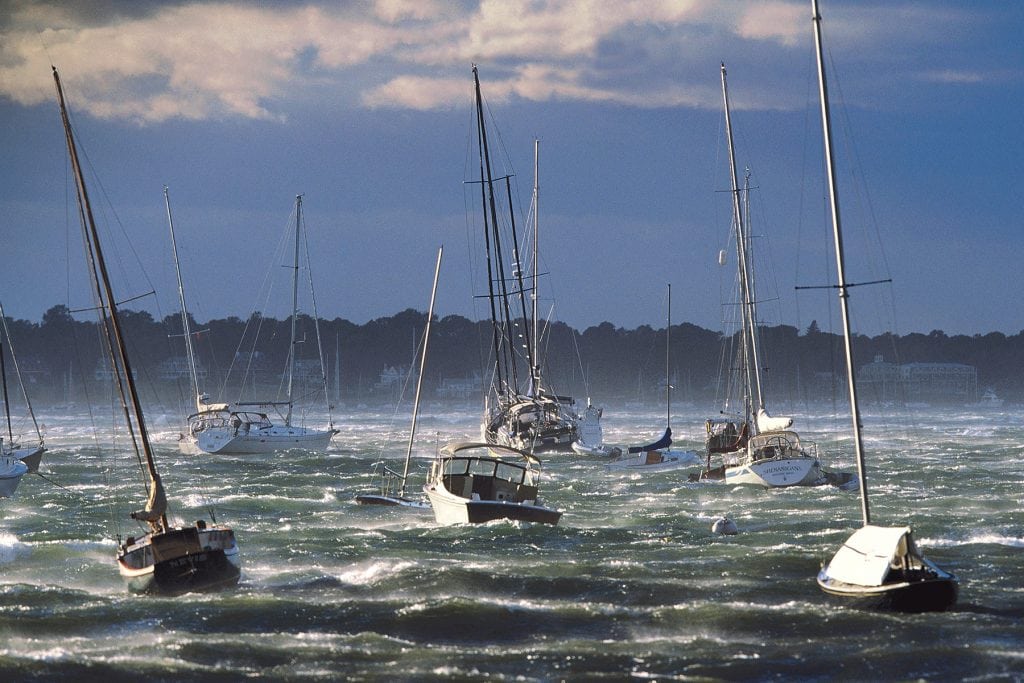Offshore Fishing gets some needed updates in the Gulf
Commercial anglers, charter boat captains, and recreational fishing communities have long recognized the need for sustaining offshore fishing. But how best to regulate
fisheries often led to heated debate and a feeling that one group or another was left out of the process. Thanks to the efforts of Florida’s two U.S. senators, along with Florida
members of the House of Representatives, major legislation to provide a long-term management plan has been introduced that gives all parties a seat at the table.
Senators Marco Rubio (R-FL) and Bill Nelson (D-FL) have laid out a bipartisan bill that includes reauthorization of the Magnuson-Stevens Act to ensure federal fishing laws reflect the realities of the Gulf of Mexico and South Atlantic regions.
The Florida Fisheries Improvement Act would:
- Give the Gulf of Mexico and South Atlantic Regional Fishery Management Councils greater flexibility in setting rebuilding timelines for fisheries.
- Include provisions to increase the availability of funding for stock assessments, surveys, and data collection.
- Require the Secretary of Commerce to create a plan to better prioritize stock assessments and submit a report to Congress on how to improve data collection from fishermen and other stakeholders.
- Include provisions to increase transparency and public involvement in the scientific and statistical committee process, as well as the consideration of experimental fishing permits.
- Authorize the Councils to consider alternative management measures such as extraction rates or fishing mortality targets in fishery management plans to better reflect the different priorities of each industry.
- Exempt fisheries with a mean life cycle of less than one year or with spawning areas outside the United States, such as spiny lobster, from unnecessary rebuilding timelines.
The bill is supported by numerous members of the fishing community, among them Kellie Ralston, Florida fishery policy director of the American Sportfishing Association. “While our state continues to provide strong management of our freshwater and inshore fisheries, federal marine fisheries management has created many challenges for Florida’s offshore anglers and the businesses that depend on these fisheries,” Ralston said. “We appreciate Senator Rubio’s and Senator Nelson’s efforts through the Florida Fisheries Improvement Act to amend the Magnuson-Stevens Act in a way that benefits anglers and improves the management and conservation of federal fisheries.”
One of the key negotiation points was ensuring nominations to the Gulf and South Atlantic Councils reflect the mixed nature of fishery stakeholders by guaranteeing commercial,
charter and recreational anglers are afforded the opportunity to be nominated.
Also before Congress is the Red Snapper Act, a bill to improve the way the recreational red snapper fishery is managed in the Gulf of Mexico. Under the proposal, the five Gulf states would manage private recreational fishing seasons for red snapper within their existing 9-mile state territory as well as out to 25 miles or 25 fathoms, whichever is farther from shore. Fishing days beyond nine miles would have to be managed in accordance with the national standards and a Gulf-wide catch limit. The bill would also give more weight to state harvest data to help provide more timely information about catch rates and effort, as well as require the inclusion of non-federal data in determining the acceptable biological catch of red snapper.
Commercial and charter fishing would remain under the federal system, with regulations developed by the Gulf of Mexico Fishery Management Council. A decade ago the season for red snapper lasted six months. This year, it was supposed to be a scant three days with a two-fish bag limit before the Department of Commerce and the Gulf states negotiated an exchange of state-water fishing seasons for 39 days of additional federal water access throughout the summer. The season ended September 4th. Stay tuned for season changes as they develop.
By Alan Wendt, Southern Boating October 2017















